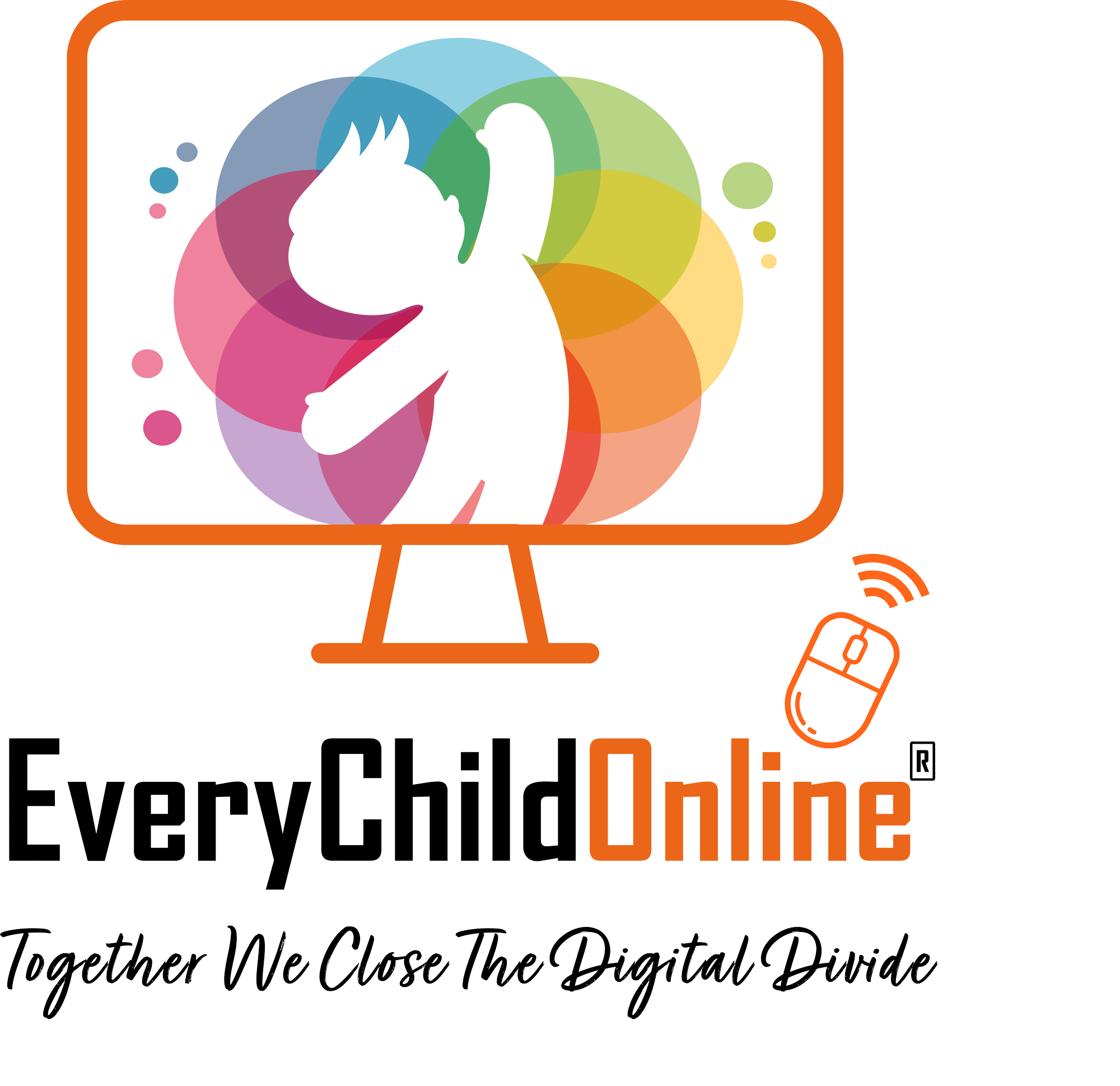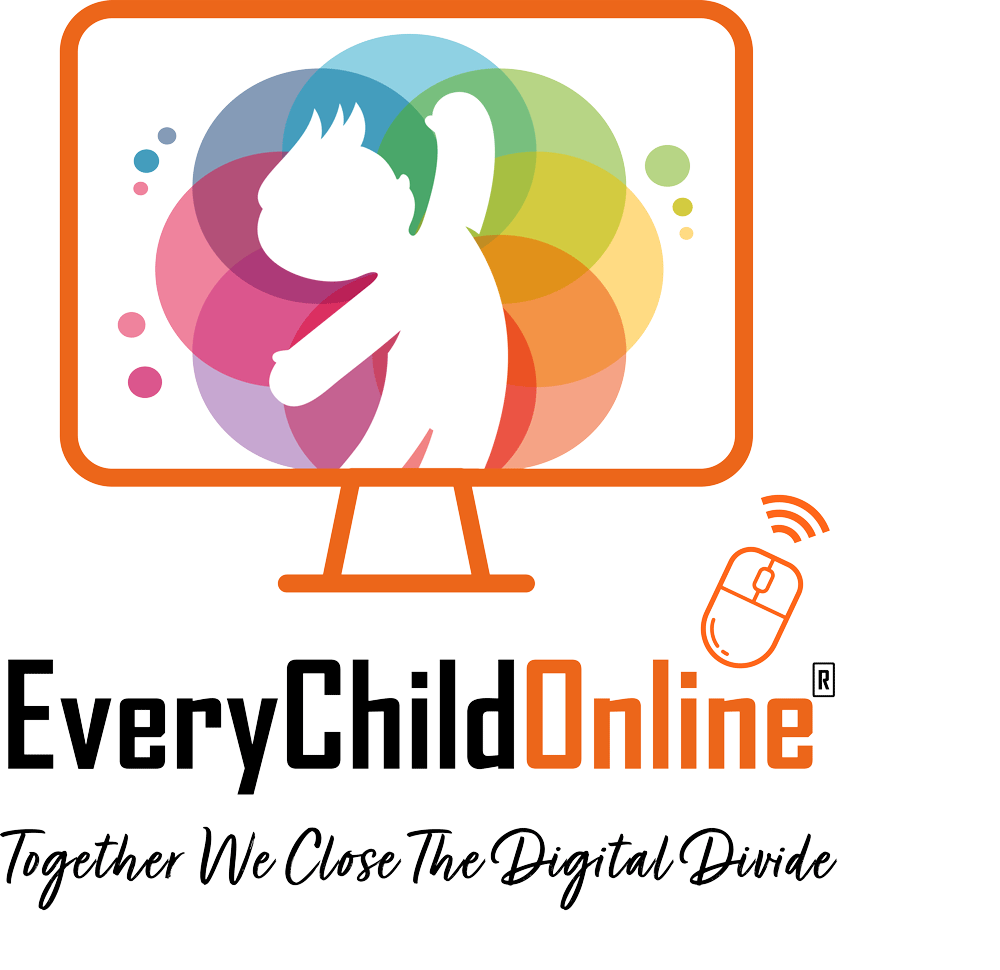In today’s digital age, where connectivity is considered a lifeline for education, social interaction, and career development, the impact of digital isolation on children and young adults cannot be overlooked. While much attention is rightfully given to the potential harm of excessive online activity, it is equally crucial to address the adverse effects faced by those who lack access to the digital world.
The digital divide, characterised by the gap between those with internet access and those without, poses a significant threat to the well-being of young individuals. The pandemic and the cost-of-living crisis have exacerbated this issue, leaving low-income households struggling to afford internet access and electronic devices. In some cases, the choice between having enough food for the month and Wi-Fi becomes a harsh reality, leaving thousands of children without an internet connection.
According to People’s Health Trust, a startling 12% of children aged 11-18 lack home internet access from a computer or laptop. In a post-pandemic world where schools rely more on online platforms for homework, parent-teacher interactions, and classroom discussions, this digital exclusion puts these children at a significant educational disadvantage. The inability to fulfil their academic potential not only hinders their educational progress but also damages their self-confidence.
Moreover, the awareness of digital exclusion can have a profound impact on a child’s self-esteem. As their peers engage in conversations and activities exclusive to those with internet access, these children find themselves unable to participate, leading to feelings of isolation. This lack of self-esteem can escalate into symptoms of depression and social anxiety, hindering their overall mental well-being.
Digital skills are indispensable in today’s job market, with technology playing a central role in various industries. Unfortunately, insufficient funding and teacher shortages in thousands of UK schools contribute to poor digital literacy among students. This lack of proficiency in essential IT skills becomes a barrier to accessing potential career paths and opportunities. As artificial intelligence continues to evolve, job requirements increasingly demand skills such as video and photo editing, coding, research capabilities, and familiarity with software like Microsoft Office. The absence of these skills creates a confidence gap and limits young people’s ability to pursue their dream careers.
At Every Child Online, we recognise the urgency of bridging this digital divide. Our mission revolves around partnering with companies willing to donate IT equipment, which we refurbish and distribute to schools, charities, social services, and clubs. By facilitating outreach programs across the UK, we aim to ensure that every child has equal access to learning, social engagement, and career opportunities online.
As we emphasise the potential drawbacks of excessive screen time, it is equally crucial to address the challenges faced by those who lack access to the digital world. By collectively working towards bridging the digital gap, we can create a more inclusive and equitable environment for all children and young adults, fostering their development and well-being in the digital age.





Leave a Reply